left to right:- Tatheer Zaidi, Asia Head, Pollution Management in MSMEs, Solidaridad Asia;
Prasanna Maduri, Campus Manager, Stahl India;
Imran Ahmad Khan, General Secretary, Calcutta Leather Complex Tanners Association;
Dr Shatadru Chattopadhyay, Managing Director, Solidaridad Asia;
Pradipta Konar, Senior Programme Manager, Leather, Solidaridad India;
Dr Avinash Garg, Senior Consultant, Solidaridad
News Stardom : Kolkata, 5th December 2023, Solidaridad, an international civil society organisation dedicated to fostering sustainable development, conducted a workshop on ‘European Union Corporate Sustainability Due Diligence Directive (EU CSDDD) and Its Significance for the Leather Sector in India’, in Kolkata on Tuesday.
The workshop, which saw participation of key industry voices from the leather sector in India as well as EU representatives, focused on raising awareness around the proposed EU legislation and how it could lead to a global shift towards sustainable and ethically produced leather.
India is the fourth-largest exporter of leather goods globally, and the Indian leather industry employs more than 4 million people. With its focus on enforcing stringent environmental and social governance standards, the proposed EU legislation can mark a potential turning point for India’s leather sector. To that end, the discussions in the workshop outlined how regulatory frameworks can drive substantial progress in sustainable practices, positioning India as a potential pioneer in environmentally and socially responsible leather production. The event was graced by Tatheer Zaidi, Asia Head, Pollution Management in MSMEs, Solidaridad Asia; Prasanna Maduri, Campus Manager, Stahl India; Imran Ahmad Khan, General Secretary, Calcutta Leather Complex Tanners Association; Dr Shatadru Chattopadhyay, Managing Director, Solidaridad Asia; Pradipta Konar, Senior Programme Manager, Leather, Solidaridad India; Dr Avinash Garg, Senior Consultant, Solidaridad.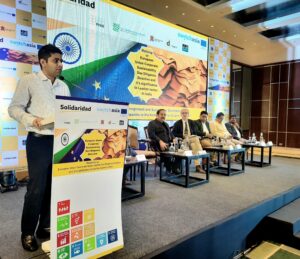
Speaking at the event, Tatheer Zaidi, Asia Head, Pollution Management in MSMEs, Solidaridad Asia said, “Replacement of leather in industry is possible in short term as so many livelihood depends on this. So leather induatry needs sustainability. ”
Globally, consumers are demanding ethically sourced and environment-positive products, and the proposed EU legislation is a reflection of that.
The workshop was organised as part of the “Effective Waste Management and Sustainable Development of the MSME Tanning Companies in the Kolkata Leather Cluster (Bantala)” project implemented by Solidaridad, and funded by the European Union under its SWITCH-Asia programme. Other partners in the project include Il Politecnico Internazionale per lo Sviluppo Industriale ed Economico (PISIE), the Calcutta Leather Complex Tanners Association (CLCTA), Stahl, Dugros and Council for Leather Exports.
The workshop was preceded by the inauguration of a Centre of Sustainability in the Bantala leather cluster in Kolkata by Laurent Le Danois, Team Leader – Cooperation Section, Delegation of EU to India and Bhutan and Shatadru Chattopadhyay, Managing Director of Solidaridad Asia. Supported by the Calcutta Leather Complex Tanners’ Association, this centre, spread across 2,000 sq. ft., showcases a range of techno-commercially viable interventions aimed at reducing the environmental footprint of the leather production in tanneries, in a cost-effective manner.
These interventions include cutting-edge technologies such as desalting machine, enzyme-assisted dehairing technology, accurate weighing system, smart water automated saving system, digital water flow metre, low salt tanning technology, and innovative approaches like the extraction of tallow and protein residue from fleshing waste, production of paver blocks from sludge, creation of bonded leather sheets from waste, and the reutilization of buffing dust in leather processing and waste management.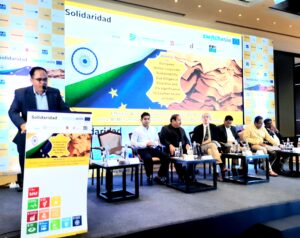
The “Effective Waste Management and Sustainable Development of the MSME Tanning Companies in the Kolkata Leather Cluster (Bantala)” project aims to create capacities and conditions within tanneries and their support organisations for the widespread adoption of green tanning technologies and improved waste reduction, re-use, and solid waste management practices. To achieve the larger goal of empowering and supporting the tanneries, the project also aims to enable them to meet international quality and environmental standards, thereby enhancing the competitiveness of the Indian leather industry on the global stage.
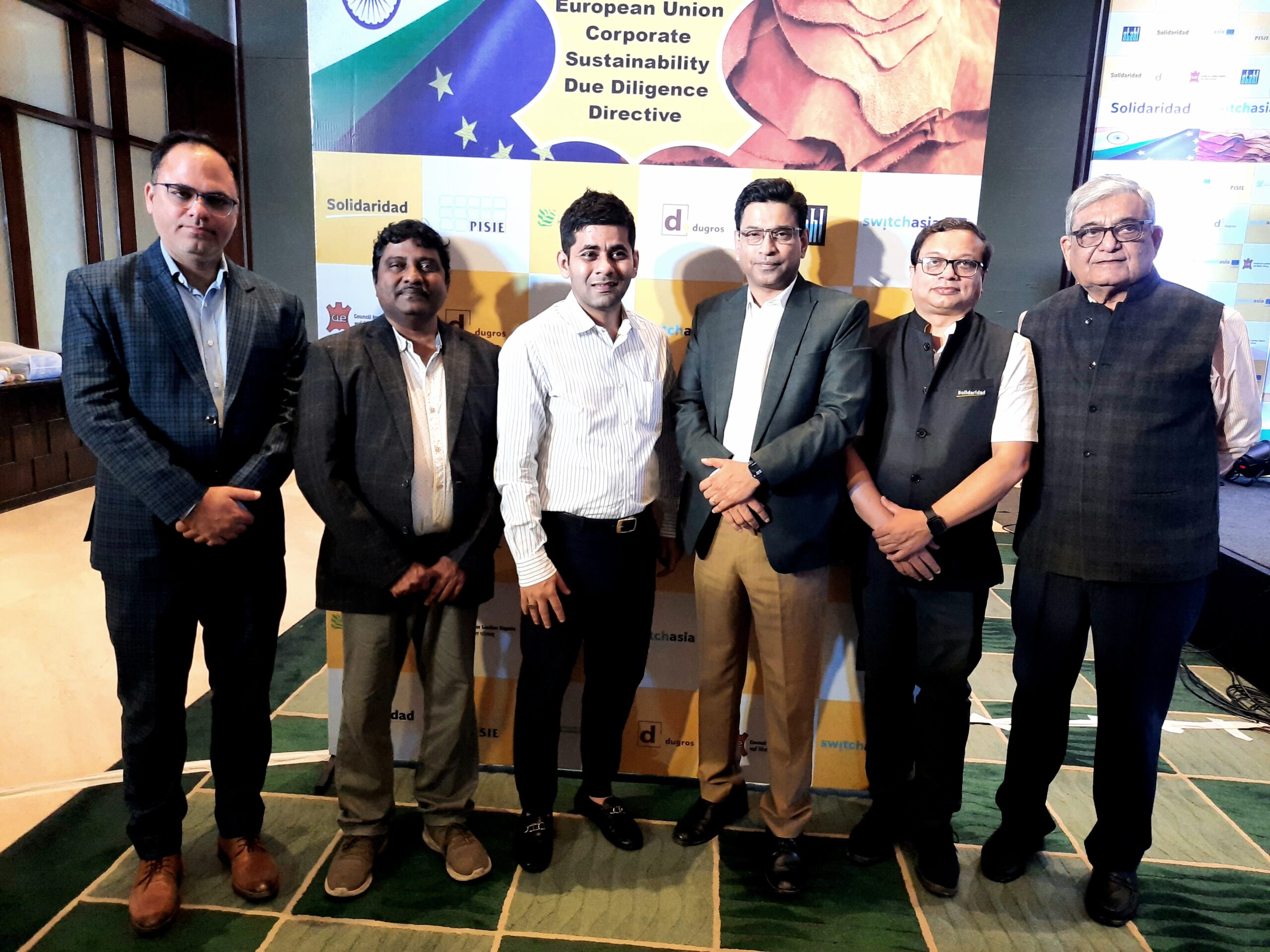


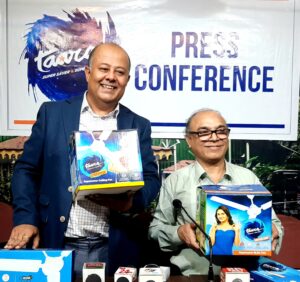


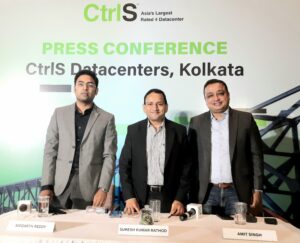
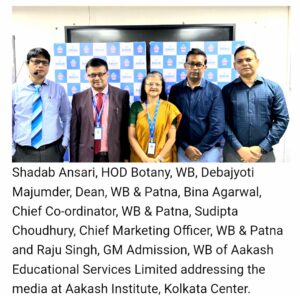

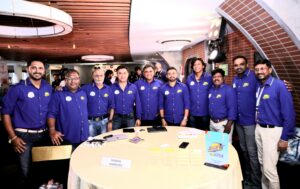
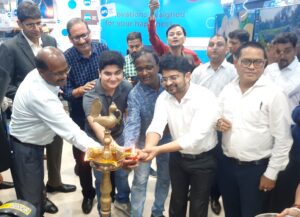


Be First to Comment